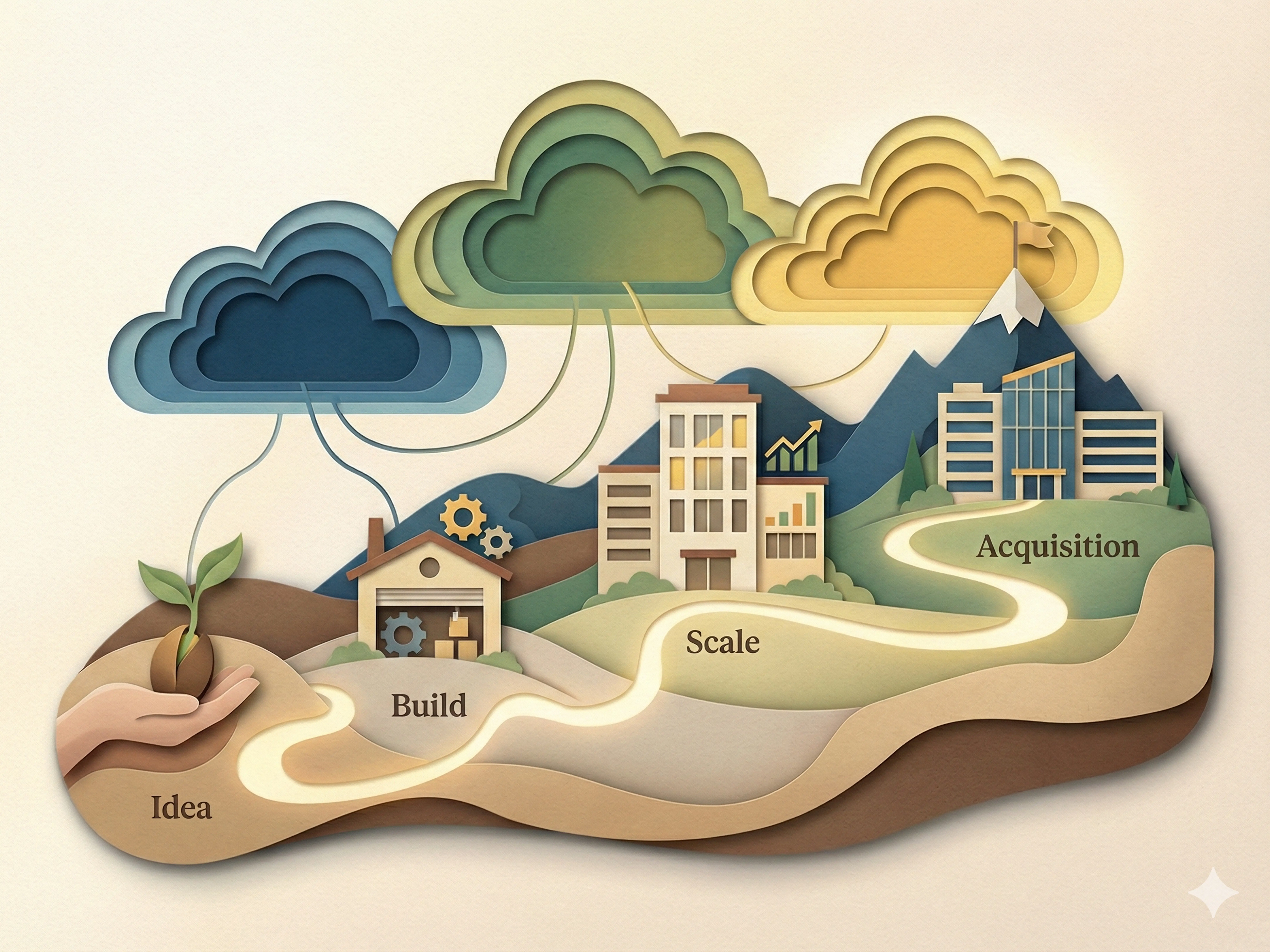This article explores the remarkable evolution of business and financial technology, highlighting the significant ways technology has played an increasingly pivotal role in reshaping business and financial operations. The confluence of digital innovation and financial technology, commonly known as fintech, has revolutionized the way companies conduct their operations, manage their finances, and interact with customers.
The Early Stages of Business and Financial Technology
The journey of technology in business can be traced back to the early stages of computerization in the mid-20th century. Businesses began adopting mainframe computers for tasks such as accounting and payroll. These massive machines were unwieldy and expensive but marked the beginning of a technological shift that would soon become ubiquitous in the corporate world.
The emergence of business software in the 1980s and 1990s marked a significant milestone. Programs like Microsoft Office made document processing and data analysis more efficient, thereby improving the productivity of businesses. In the financial sector, the adoption of early electronic trading systems transformed stock exchanges and allowed for faster and more efficient trading.
The Rise of the Internet and E-Commerce
The internet’s widespread adoption in the 1990s brought about a seismic shift in business operations. Companies ventured into the world of e-commerce, allowing them to reach a global audience and conduct transactions online. Amazon, founded in 1994, was a pioneer in this space, revolutionizing the retail industry and demonstrating the potential of digital commerce.
In the financial sector, online banking and the emergence of internet-based brokerage platforms gave consumers unprecedented control over their financial transactions. Investors could trade stocks and manage their portfolios from the comfort of their homes, and online banking made it possible to check account balances and make payments with a few clicks.
The Fintech Revolution
The term “fintech” refers to the intersection of finance and technology, and it has profoundly impacted the financial industry. Fintech companies leverage digital technology to streamline financial processes, enhance customer experiences, and create new financial products and services. The fintech revolution has democratized financial services, making them more accessible to a broader range of consumers and businesses.
One of the most significant fintech innovations has been peer-to-peer lending platforms, which allow individuals and businesses to borrow and lend money directly to one another. Companies like Lending Club and Prosper have disrupted the traditional lending model, offering lower interest rates and greater convenience.
Mobile payment systems, exemplified by services like PayPal and Square, have also become integral to the financial ecosystem. These systems make it easy for consumers to make payments, transfer money, and manage their finances from their smartphones. The adoption of digital wallets and contactless payment methods has accelerated during the COVID-19 pandemic, as consumers sought contactless alternatives to physical currency.
Blockchain and Cryptocurrency
The introduction of blockchain technology and cryptocurrency has ushered in a new era of financial innovation. Blockchain, a decentralized and transparent ledger, has the potential to revolutionize supply chains, identity verification, and financial transactions. It provides a level of security and trust that traditional systems struggle to match.
Cryptocurrencies like Bitcoin and Ethereum have gained widespread attention and investment. They offer a novel approach to currency and asset management, operating independently of central banks and governments. While the volatility and regulatory concerns have sparked debates, cryptocurrencies have the potential to transform the financial system and open up new opportunities for businesses and investors.
Artificial Intelligence and Big Data
Artificial intelligence (AI) and big data analytics have become indispensable tools for businesses and financial institutions. AI can automate tasks, analyze data, and make predictions, revolutionizing customer service, risk assessment, and fraud detection. In the financial sector, robo-advisors use AI to provide personalized investment advice and manage portfolios more efficiently.
Big data analytics allows organizations to process vast amounts of data to gain insights and make informed decisions. Banks and financial institutions use big data to assess credit risk, detect fraudulent activities, and tailor their marketing strategies to individual customer preferences. The insights derived from big data are invaluable for driving business growth and efficiency.
The Impact on Traditional Business and Financial Models
The evolution of business and financial technology has had a profound impact on traditional business models. Established industries, from retail to banking, have faced disruption from innovative tech-based competitors. E-commerce has challenged brick-and-mortar retailers, and digital banks and fintech startups have forced traditional banks to adapt or risk losing customers.
The pandemic accelerated the digital transformation, prompting many businesses to shift their operations online and adopt remote work models. This shift emphasized the importance of technology in maintaining business continuity and ensuring adaptability.
The Future of Business and Financial Technology
The future of business and financial technology is promising and rife with opportunities. The ongoing development of artificial intelligence, blockchain, and other emerging technologies will continue to reshape the corporate landscape. Some key areas to watch include:
Decentralized Finance (DeFi): DeFi platforms are creating a financial ecosystem that operates without traditional intermediaries. These platforms offer lending, borrowing, and trading services while providing transparency and accessibility to a global user base.
Digital Currencies: Central banks and governments are exploring digital versions of their currencies (Central Bank Digital Currencies or CBDCs). These digital currencies could transform the way money is issued and used.
Regulatory Frameworks: As the fintech industry matures, regulatory frameworks will evolve to address issues of security, consumer protection, and market stability. Striking the right balance between innovation and regulation will be a critical challenge.
Sustainable Finance: Technology is also playing a crucial role in promoting sustainability in the corporate world. Green fintech startups are focusing on sustainable investments and carbon footprint reduction.
Conclusion
The evolution of business and financial technology has reshaped the corporate world in profound ways. From the early days of mainframe computers to the rise of the internet, the fintech revolution, blockchain, and artificial intelligence, technology has been a driving force of change. The ongoing transformation continues to challenge traditional business models and create new opportunities for innovation and growth. As we look to the future, the interplay between technology and finance will undoubtedly remain a central theme in the corporate world, opening new horizons for businesses, investors, and consumers alike.




































